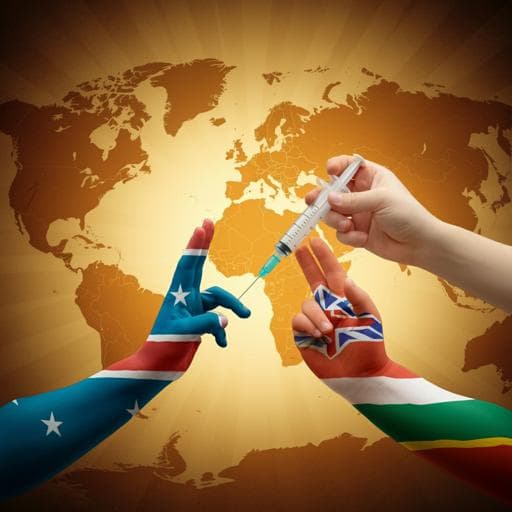
Political Science
The effect of Chinese vaccine diplomacy during COVID-19 in the Philippines and Vietnam: a multiple case study from a soft power perspective
R. J. L. V. Dijk and C. Y. Lo
This research by Remco Johan Leonard van Dijk and Catherine Yuk-ping Lo delves into the complexities of Chinese COVID-19 vaccine diplomacy in the Philippines and Vietnam, revealing the challenges of aligning soft power with foreign policy objectives. Discover how China's hard power tactics may have undermined its soft power aspirations in these two countries.
Related Publications
Explore these studies to deepen your understanding of the subject.







